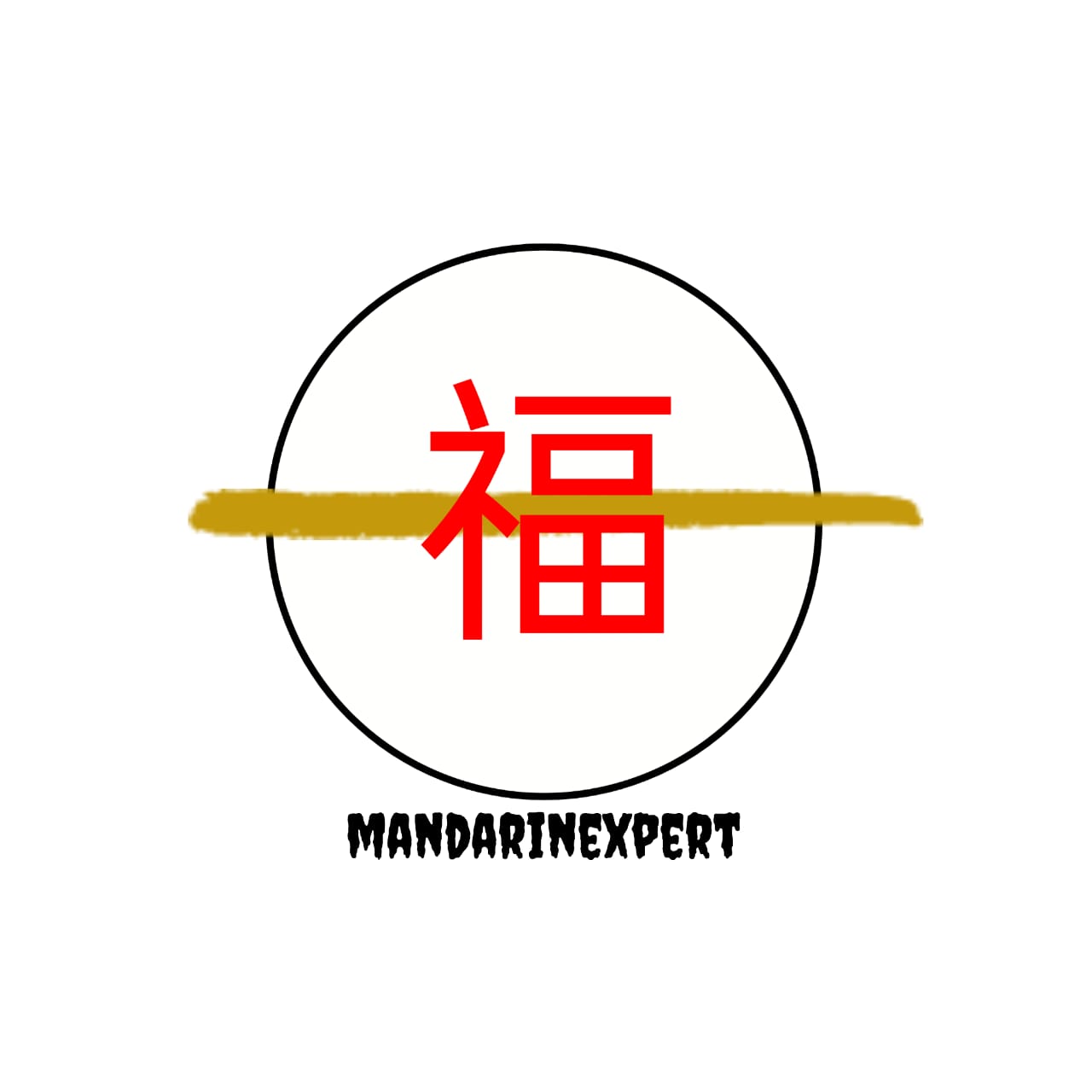In Chinese grammar, the particle "吗" (ma) is used to form a yes-or-no question. It is placed at the end of a sentence to indicate that the speaker is seeking confirmation or asking for a response from the listener. Let me provide you with a few examples to illustrate the use of "吗":
1. 你喜欢吃中国菜吗?
(Nǐ xǐhuān chī Zhōngguó cài ma?)
Do you like to eat Chinese food?
2. 你会游泳吗?
(Nǐ huì yóuyǒng ma?)
Can you swim?
3. 今天的天气很好吗?
(Jīntiān de tiānqì hěn hǎo ma?)
Is the weather nice today?
4. 他是你的朋友吗?
(Tā shì nǐ de péngyǒu ma?)
Is he your friend?
5. 这个问题很难吗?
(Zhège wèntí hěn nán ma?)
Is this question difficult?
In each of these examples, the particle "吗" is added at the end of the sentence to turn it into a question. The rising intonation at the end of the sentence also helps indicate that it is a question. Remember that in Chinese, a question can often be formed simply by adding "吗" at the end of a statement.


.jpeg)





.png)
.png)


